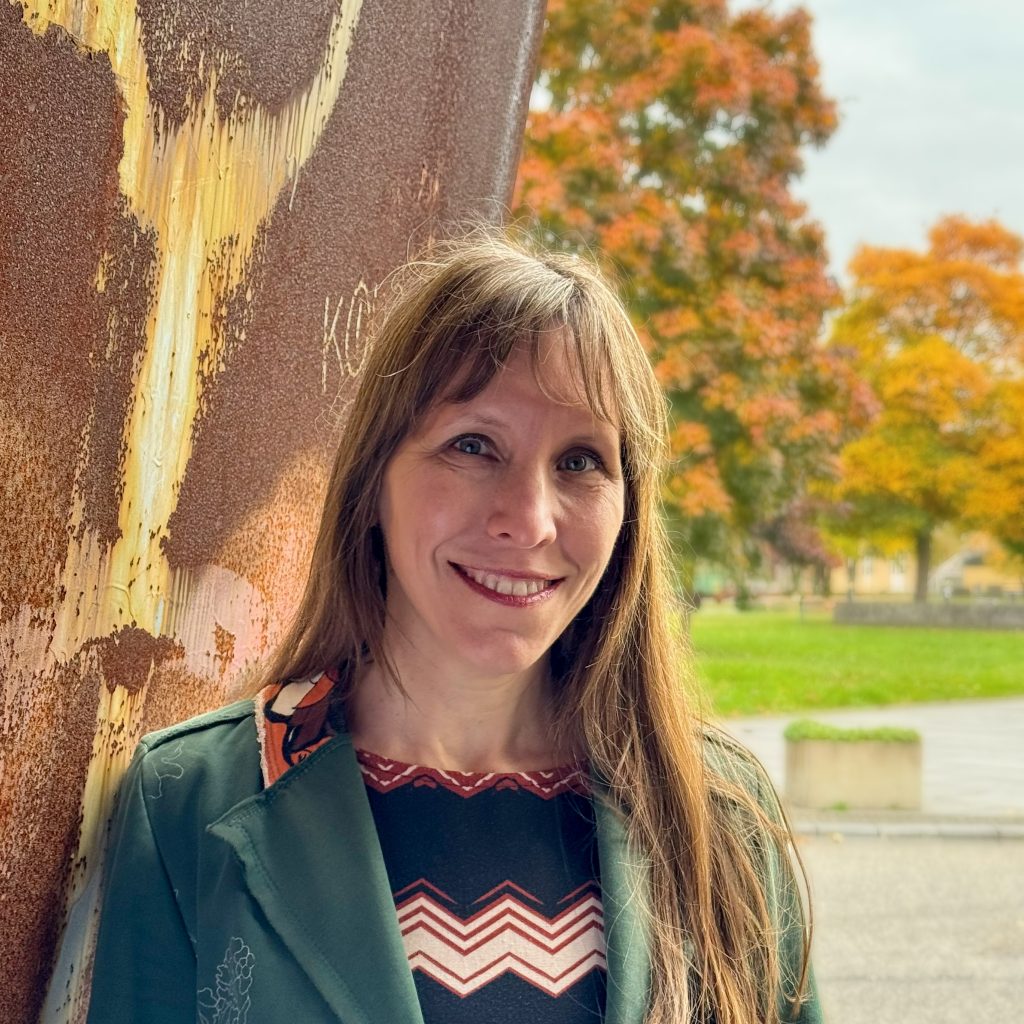This project examines the vital interplay between human and non-human actors in social processes, focusing on the role of plants in the lives of migrants. Plants not only support people in their efforts to create a sense of home in unfamiliar environments but also mirror their struggles of acclimatization, adaptation, and repair amidst profound losses. As carriers of meanings and memories tied to belonging, plants hold a unique place in the migrant experience. Drawing on ethnographic research with Turkish and Kurdish migrants and their plants in Berlin, this study investigates how humans and plants forge relationships of care, navigate the possibilities of repair and recuperation, and confront the limits of irreparability. These interactions, rich in cultural significance and metaphorical resonance, illuminate the broader societal dynamics of selective and precarious migrant incorporation.
DR. HILAL ALKAN
CURRICULUM VITAE
Hilal Alkan is an anthropologist working at the intersections of migration, care, and multispecies relations. She has been a researcher at Leibniz-Zentrum Moderner Orient and a lecturer at the Alice Salomon Hochschule Berlin (ASH) since 2016. Between 2021 and 2025, she was the principal investigator of the DFG funded project “In the Company of Plants: Multispecies Care and Migrant Home-making in Germany”. She was awarded the EUME Fellowship of the Forum Transregionale Studien 2016–2017 and the Georg Forster Fellowship of the Alexander von Humboldt Foundation 2017–2020. In 2017, she received the Voltaire Award for Tolerance, International Understanding and Respect for Difference from the University of Potsdam. Her research investigates how care relations affect and are transformed by transnational migration and displacement. For the past five years, her work has focused on human–plant relations and how these unfold through the movement of both people and plants, with particular attention to practices of intimate care.
